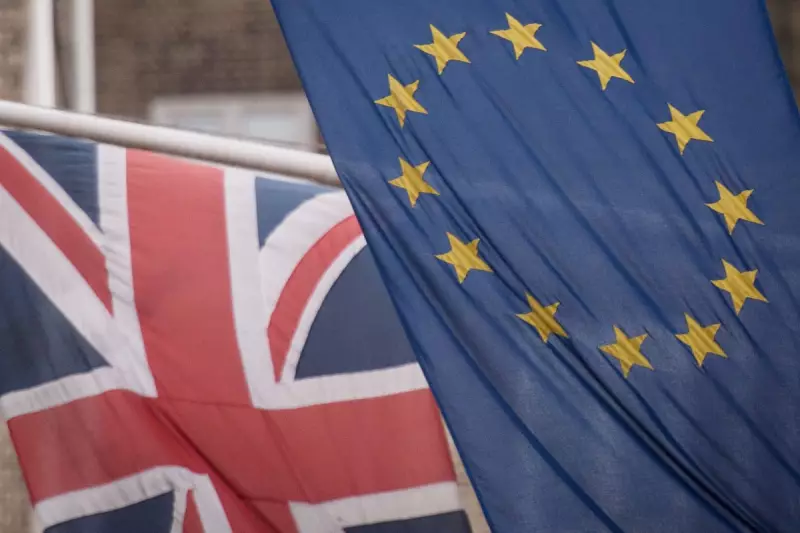
In a blistering exclusive interview, Labour's Shadow Minister without Portfolio, Nick Thomas-Symonds, has launched an extraordinary attack on Nigel Farage, accusing the Reform UK leader of actively undermining British national security through his long-standing sympathetic stance towards the Kremlin.
Thomas-Symonds pulled no punches, stating that Farage's history of "apologising for the behaviour of the Russian regime" is not merely a political disagreement but a matter of grave national concern. The shadow minister demanded that the Conservative government break its silence and finally condemn Farage's positions, which he argues have consistently chipped away at the UK's strategic security.
A Direct Challenge to Sunak's Government
The Labour frontbencher issued a direct challenge to Prime Minister Rishi Sunak and his ministers, questioning their conspicuous reluctance to call out Farage's rhetoric. This silence, Thomas-Symonds suggests, is particularly deafening given the ongoing war in Ukraine and the critical need for Western unity against Russian aggression.
He framed the issue as one that transcends partisan politics, touching the very core of the nation's defence and diplomatic integrity.
Farage's Controversial History Under the Microscope
The condemnation centres on Farage's numerous controversial statements over the years, including his apparent defence of Vladimir Putin's expansionist ambitions and his criticism of the West's response to the invasion of Ukraine. Thomas-Symonds characterised these actions as a pattern of behaviour that effectively provides a platform for and normalises the Kremlin's destabilising agenda.
This intervention dramatically raises the stakes in the ongoing election campaign, shifting the focus onto issues of security and foreign policy allegiances. It positions Labour as the party unequivocally standing up for national security, while attempting to paint the Conservatives as weak and complicit through their inaction.
With Farage's Reform UK party gaining traction in the polls, this fierce criticism from a senior Labour figure signals a new, more aggressive phase of the campaign where national security credentials are set to become a major battleground.





